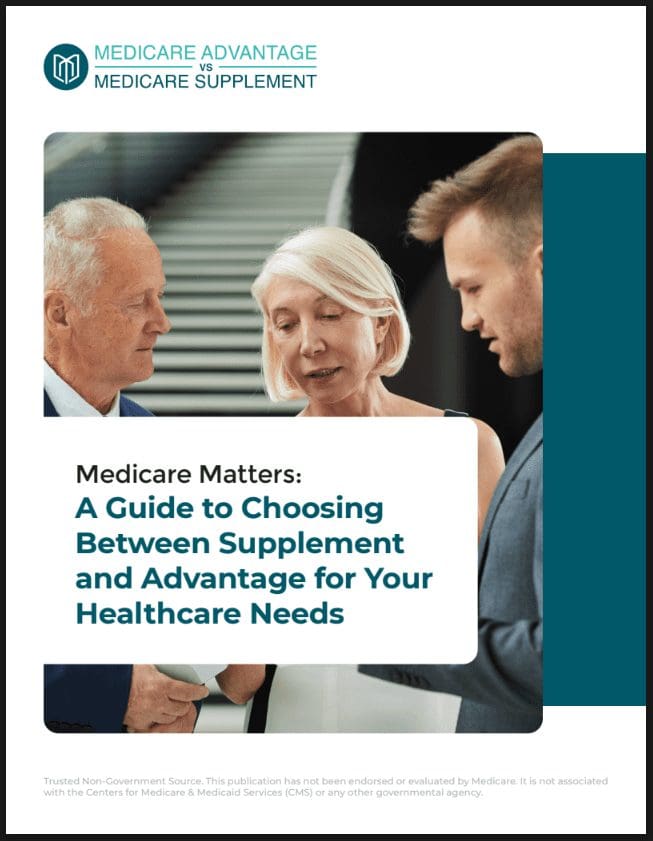Key Takeaways
-
Understanding how Medicare premiums are determined can help you plan your retirement budget effectively.
-
Factoring in additional healthcare expenses beyond premiums ensures you are financially prepared for unexpected medical costs.
How Your Medicare Premiums Are Calculated
Medicare premiums aren’t just random numbers—they are based on factors such as income, enrollment timing, and the specific type of Medicare coverage you choose. In 2025, you can expect the costs of Medicare Part A, Part B, and Part D to be structured in a way that accounts for your earnings and healthcare usage.
Income-Based Premium Adjustments
One of the biggest factors influencing your Medicare costs is your income. Higher earners pay more for Medicare Part B and Part D due to the Income-Related Monthly Adjustment Amount (IRMAA). If your modified adjusted gross income (MAGI) from two years ago exceeds a certain threshold, your premiums will be higher than the standard amount.
For 2025, these income brackets have been adjusted for inflation. If your income has changed since your tax return was filed, you may be able to request a reconsideration to lower your premium costs.
Enrollment Timing Matters
Delaying enrollment in Medicare when you are first eligible can lead to lifetime late enrollment penalties. If you don’t sign up for Part B during your Initial Enrollment Period and don’t have other creditable coverage, you will face a penalty added to your premium for as long as you have Medicare.
The same applies to Medicare Part D. A delay in enrollment without having another form of prescription drug coverage results in a penalty that increases the longer you go without coverage.
Planning for Future Medicare Costs in Retirement
Your healthcare costs in retirement go beyond just Medicare premiums. Planning ahead ensures that you’re financially secure and can afford quality care when you need it most.
Budgeting for Out-of-Pocket Expenses
Premiums are only one piece of the puzzle. You will also need to account for deductibles, copayments, and coinsurance. Medicare doesn’t cover everything, so these additional costs can add up quickly, especially if you need frequent medical care or prescription drugs.
For 2025, the Medicare Part B deductible is set at $257, meaning you must pay this amount before Medicare covers your outpatient services. Additionally, the Part A hospital deductible has increased to $1,676 per benefit period. These amounts should be factored into your retirement budget.
The Role of Supplemental Coverage
Many retirees opt for additional coverage to help manage out-of-pocket costs. While Medicare covers a significant portion of healthcare expenses, some services have gaps that could leave you paying more than you expect.
If you decide supplemental coverage is right for you, consider how the added cost of premiums will affect your overall retirement budget. This can help you avoid financial surprises down the road.
Medicare Premiums and Inflation: What You Should Expect
Medicare costs generally increase over time due to inflation and rising healthcare expenses. Each year, premiums, deductibles, and copayments are reviewed and adjusted accordingly.
How Medicare Costs Have Changed Over Time
Looking at past trends, Medicare Part B premiums have steadily increased each year, reflecting the overall rise in healthcare spending. The 2025 Part B standard premium is $185 per month, up from $174.70 in 2024. Expect similar adjustments in future years as medical costs continue to rise.
Medicare Part A costs, while free for most individuals with enough work credits, also experience yearly adjustments. If you don’t qualify for premium-free Part A, expect the 2025 monthly premium to be $518 for those with fewer than 30 work credits and $284 for those with 30-39 work credits.
When and How to Pay Your Medicare Premiums
Payment Options for Medicare Part B and Part D
If you’re receiving Social Security benefits, your Medicare Part B premiums will be automatically deducted from your monthly benefit. This can make managing your payments easier, ensuring you don’t miss any deadlines.
If you’re not receiving Social Security yet, you will receive a bill every three months. There are multiple ways to pay:
-
Direct withdrawal from your bank account.
-
Online payments via your Medicare account.
-
Mailing a check or money order.
For Medicare Part D, premiums are paid directly to your plan provider, so you’ll need to follow their specific payment methods.
Consequences of Missing Payments
Failing to pay your Medicare premiums on time can lead to coverage loss. If you fall behind on payments, Medicare provides a grace period before terminating your coverage. However, reinstating coverage can be difficult, and you may face late penalties if you have to re-enroll later.
Special Considerations for Low-Income Beneficiaries
If you’re concerned about affording Medicare premiums, several programs exist to help lower-income individuals manage costs.
Medicare Savings Programs (MSPs)
MSPs assist eligible individuals by covering some or all of their Medicare Part B premiums and, in some cases, deductibles and copayments. To qualify, you must meet specific income and resource limits set by your state.
Extra Help for Prescription Drug Costs
Medicare’s Extra Help program helps lower-income individuals pay for Medicare Part D premiums, deductibles, and copayments. If your income falls below a certain level, you could save thousands on prescription drug costs annually.
Your Next Steps to Plan for Medicare Costs
Understanding how Medicare premiums work is a crucial step in managing your retirement healthcare expenses. By planning ahead, you can ensure financial stability and avoid unexpected medical costs that could strain your budget.
What You Should Do Now
-
Review your current income and estimate future Medicare costs.
-
Decide whether additional coverage is necessary to help with out-of-pocket expenses.
-
Consider enrolling in a Medicare Savings Program or Extra Help if eligible.
-
Keep track of annual premium changes to adjust your retirement budget accordingly.
Planning ahead will give you peace of mind and help you enjoy a secure and healthy retirement.
If you need assistance understanding your options, get in touch with a licensed agent listed on this website who can guide you through your Medicare choices and help you find the best coverage for your needs.










